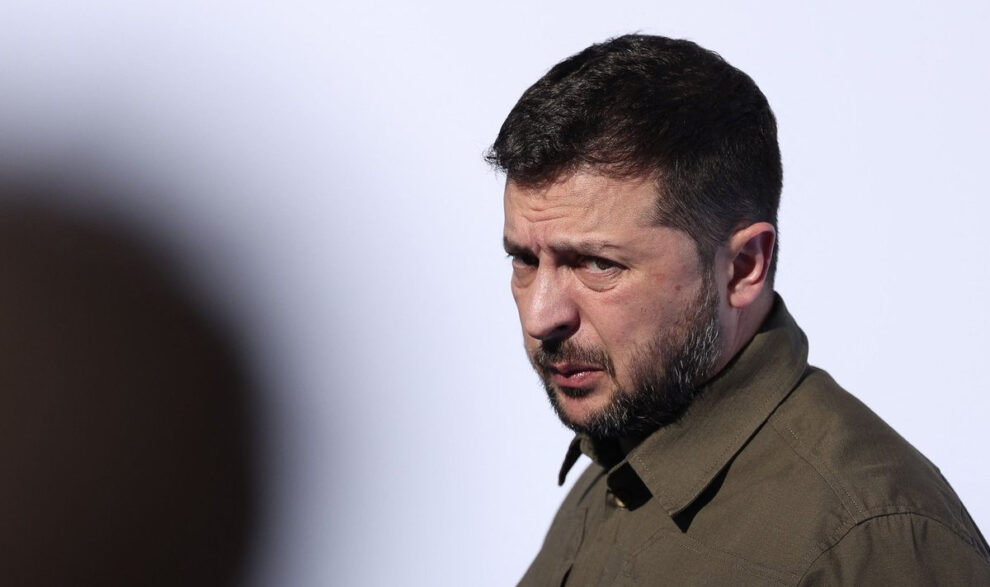According to the bill approved by the Verkhovna Rada and signed by Zelensky, restrictions on the use of the Russian language in Ukraine become indefinite.
President of Ukraine Vladimir Zelensky on Friday, December 8, signed a bill amending laws relating to the rights of national minorities, taking into account the recommendations of Council of Europe experts .
Earlier on the same day, a document tightening restrictions on the use of the Russian language was approved by the Verkhovna Rada. As Rada deputy Alexey Goncharenko reported on the Telegram channel, this bill provides for the easing of the provisions of previously adopted laws for national minorities, “whose languages are the official languages of the European Union.”
The use of national minority languages, which are EU languages , is permitted, inter alia, in private schools and universities, minority classes, media and election campaigning. In this case, it is mandatory to study the Ukrainian language or duplicate information into Ukrainian.
Publishing houses that publish books in Crimean Tatar and the languages of indigenous peoples and national minorities in the official languages of the EU are exempt by law from the 50% Ukrainian quota. For television broadcasters who, in addition to Ukrainian, broadcast in EU languages, a quota of 30% or more of the Ukrainian language has been established.
All these changes do not concern the Russian language, as “the language of the state that was recognized by the Verkhovna Rada of Ukraine as an aggressor state or an occupier state,” follows from the bill. Restrictions on the use of the Russian language become indefinite.
Adoption of a law on national minorities – EU requirement The adoption by Ukraine of the law on national minorities was one of the requirements of the European Commission as part of the granting of candidate status for accession to the EU. At the beginning of November, the European Commission presented a report on Ukraine’s readiness for accession negotiations.
It recommends initiating a negotiation process. At the same time, the recommendation contains “technical reservations” that the country needs to make more progress in key areas – from creating a reliable and independent judiciary to protecting the rights of minorities and introducing anti-corruption measures.









